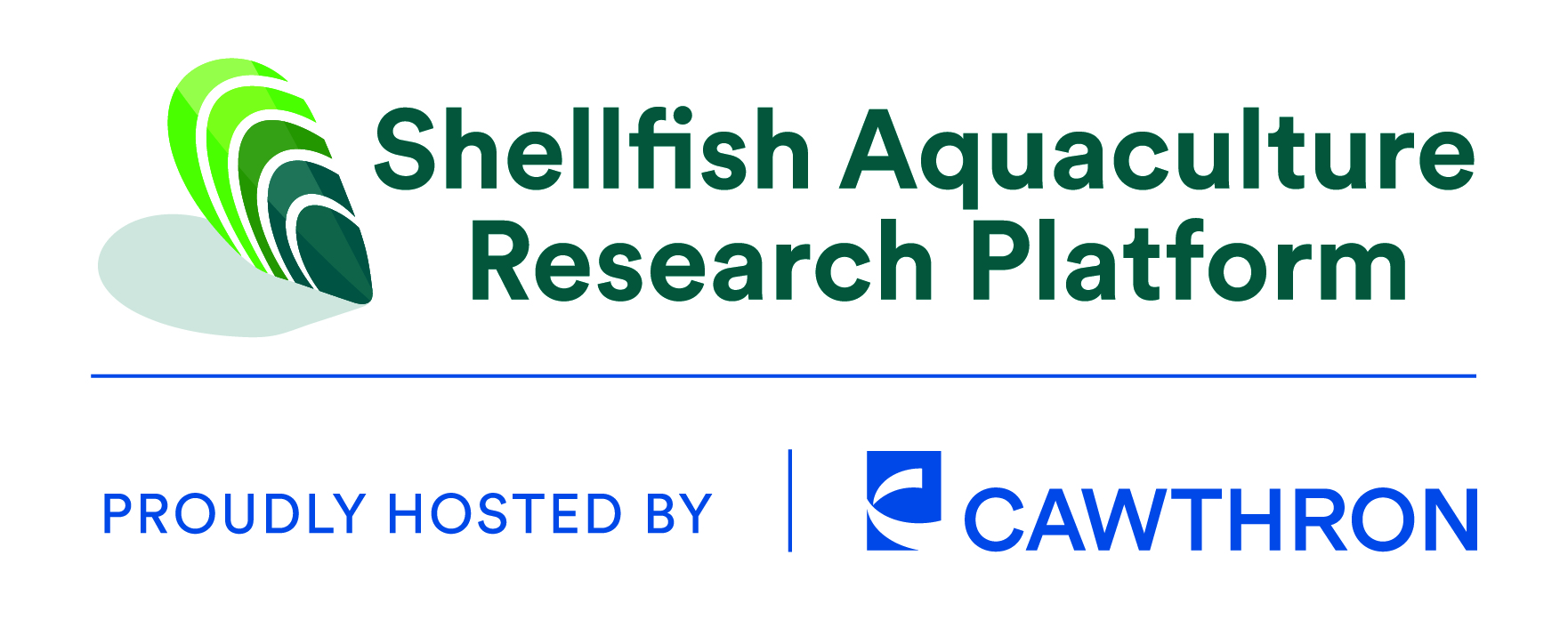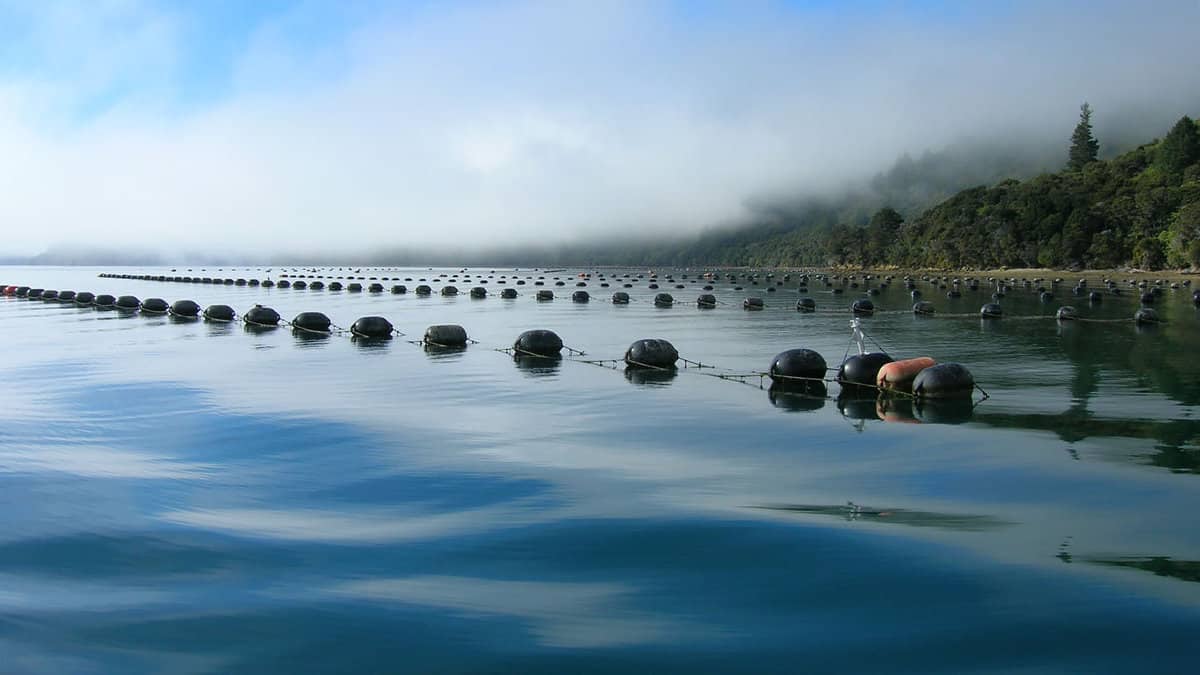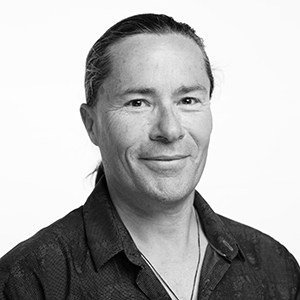The national Shellfish Aquaculture Research Platform is the hub of shellfish aquaculture research in Aotearoa. Delivery of the Platform’s research objectives has required a collaborative effort between its leaders at Cawthron Institute and a range of partners including Māori, crown research institutes, universities, international researchers and companies within New Zealand’s shellfish industry.
Aquaculture is the world’s fastest growing primary sector and is identified by Aotearoa New Zealand’s Government and industry as a significant growth opportunity. The Government’s Aquaculture Strategy has set a target of achieving revenue of $1B by 2030.
Cawthron Institute’s Shellfish Aquaculture Platform will help industry push beyond this target, by:
- Enabling the sustainable growth of NZ’s existing shellfish aquaculture industry through innovation along the value chain including reliable seed supply, improved genetics, precision farming methods and new products
- Enabling new and emerging shellfish aquaculture industry including geoduck, flat oyster and a pipeline of future species opportunities
- Securing shellfish aquaculture production with improved shellfish health management, disease risk mitigation and biofouling management
These goals will be achieved by continuing Cawthron’s ground-breaking work on domesticating our valuable shellfish species. This revolution will provide a reliable seed supply and enable selective breeding of these stocks, yielding higher productivity, quality, and market value. Where technical barriers hinder farming, we partner with industry to develop solutions. Securing these gains, new tools will manage the risk to aquaculture from threats, and position the sector to react more effectively to future problems.
Funder: The Ministry of Business, Innovation and Employment through the Strategic Science Investment Fund
Partners: AgResearch, Plant and Food Research, Moana, SpatNZ, Sanford Ltd, Aquaculture NZ.
Visit the Platform website or contact the Platform co-leaders.
News stories
Nelson hatchery showing their mussel in spat-growing technology | Stuff.co.nz
$200 million payoff expected from SPATnz Greenshell mussel breeding trial results | Stuff.co.nz
Adapt or die: Climate change puts pressure on NZ’s paua | Stuff.co.nz
Ugly ducklings could grow to $1b aquaculture industry | NBR
Sea cucumber: The lucrative bottom feeder that Kiwis don’t want | Stuff.co.nz
Cawthron Scientist has developed an ECG for paua | Stuff.co.nz



